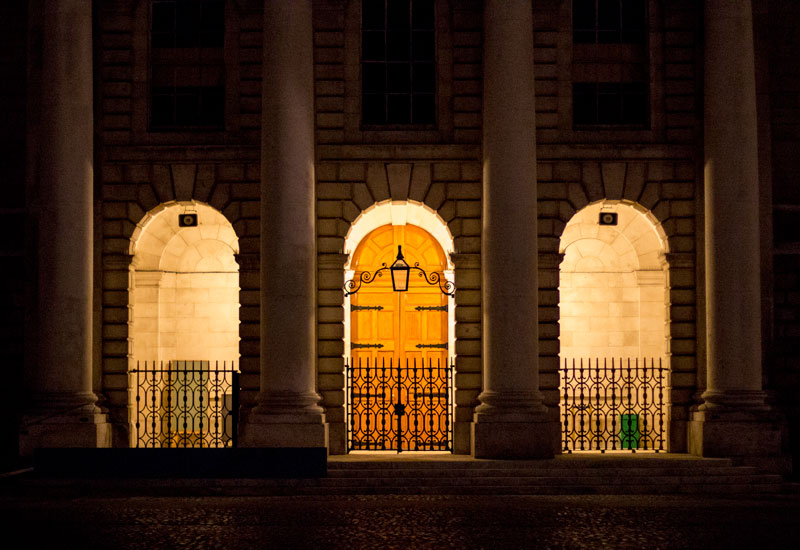Trinity’s Foundation Scholarship (Schols) exams will be held online this year, with the possibility that the number of new scholars will be capped to ensure it is not significantly different to other years.
The exams will be held in real time, with “some added buffer to account for student connectivity and uploading of answers”.
In an email to students, Senior Lecturer Kevin Mitchell said College Board had approved changes to the format of the annual optional examinations “to account for the COVID-19 pandemic”.
Several students reported that the email went into spam.
“The exams will be held online”, Mitchell wrote. “Exams will be held in ‘real-time’ format, as close to the timing of the usual exams as possible, with some added buffer to account for student connectivity and uploading of answers. We are exploring options for online proctoring of these examinations.”
“Because we are using a new examination method, with no past history that can be used to calibrate these criteria, Board is also considering using a quota system to ensure a comparable level of academic rigour as under normal conditions,” he continued. “This issue will be considered by Board at its next meeting.”
Furthermore, “some changes will be made to the traditional layout of individual exam papers to account for the diversity of pathways that students may be following in their second year.”
Under Trinity’s new Common Architecture framework, students have a wider selection of subjects, as well as several opportunities throughout their degree to add, drop or change subjects.
“Papers will be laid out in such a way as to ensure that students on all possible pathways have an appropriate set of exam papers to choose from and can fulfil the requirement for 25% of overall marks in each subject to be from general questions/a general paper”, Mitchell said.
The email also noted that an additional week may be needed to accommodate all examination sessions.
Last month, The University Times reported that College was considering the introduction of a quota system for the Schols, which would see a cap placed on the number of new scholars per faculty.
The proposal was met with outrage from representatives of the Scholars, who said that the changes would damage the reputation of Schols, shift it away from it being centred around academics and “ensure that only the best cheaters are elected Scholars”.
The representatives also say that it is in breach of the statutes and that they would consider bringing the proposal to the Visitors, who have the final say on appeals of decisions made by College Board.
In order to be awarded Schols, prospective candidates must achieve an overall mark of 70 per cent across four examinations in their chosen degree, attaining first-class honours in two papers and not scoring below 65 per cent in the remaining two.







